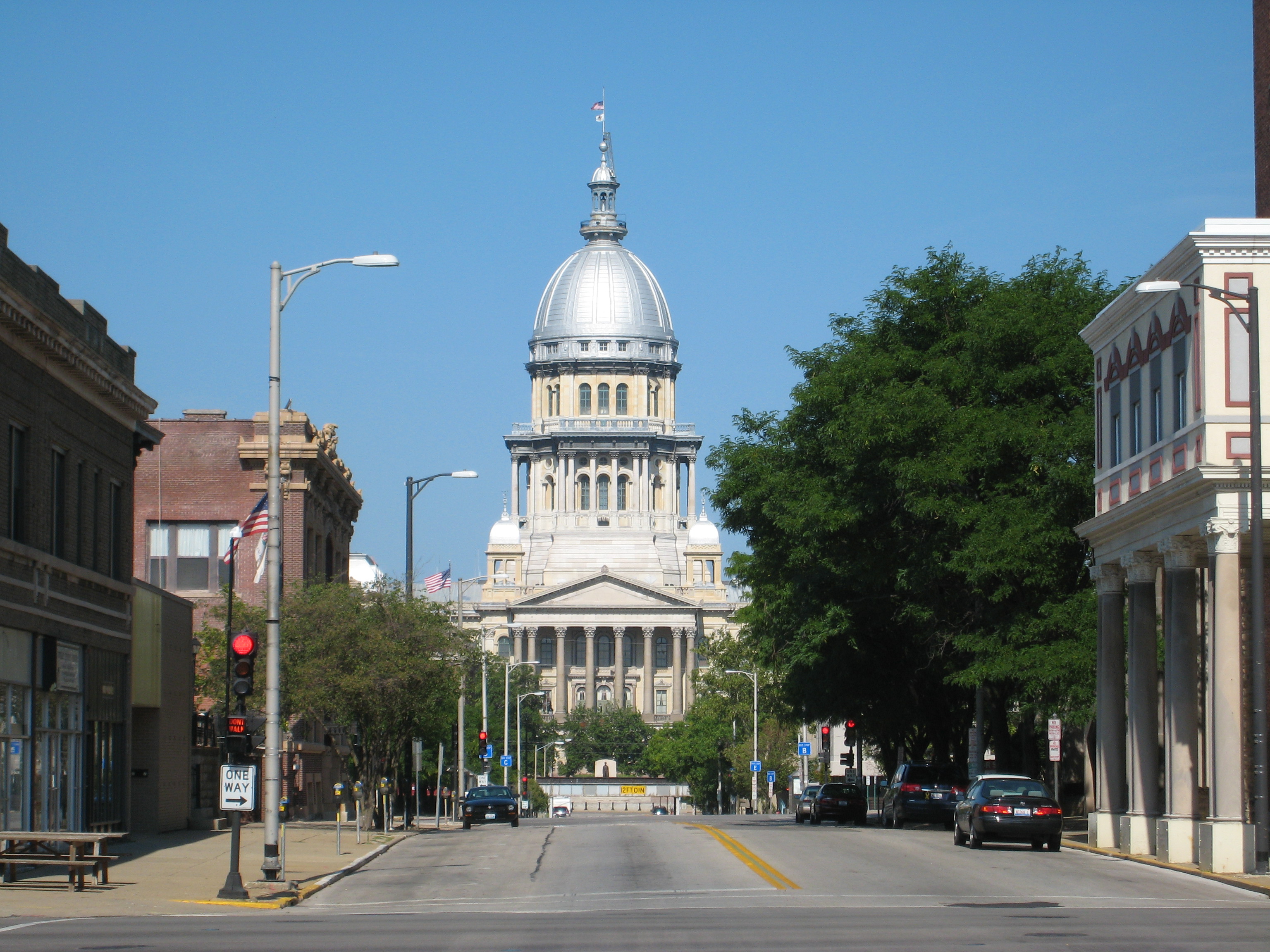
July 1st has come and gone and Illinois is in the midst of its first shutdown, but most Illinoisans do not yet feel the impact of the doomsday scenario that was forecast. Business is running as usual, state workers have continued to report to work, and state facilities remain open. The shutdown has turned out to be uneventful as shutdowns go, but things have begun to get interesting.
On June 30th, in anticipation of vetoing the latest budget passed by the Democratic controlled Illinois General Assembly, Governor Bruce Rauner (R) ordered state employees to report to work, reassuring them that they would continue to be paid. Comptroller Leslie Munger (R), who is responsible for issuing state checks, requested an opinion from Illinois Attorney General Lisa Madigan (D), who ruled that Munger could NOT pay state workers without a budget.
In an effort to provide some relief for the state, the Illinois General Assembly attempted unsuccessfully to pass a temporary 30-day budget while negotiations continued. Rauner has stated on various occasions that he will not sign a “phony” budget or temporary budget. Democrats argue that the budget crisis cannot be fixed without new revenue (tax increase). Rauner counters that he will not consider new revenue (tax increase) without the structural reforms he calls his “Turnaround Agenda.” Rauner’s Turnaround Agenda includes workers compensation and tort reform. Both are issues that Rauner says would make Illinois more attractive to business.
With supermajorities in the House and Senate, the General Assembly could override Rauner’s veto, and give the Governor a “phony” (unbalanced) budget, meaning a budget that gives the Governor the authority to spend money (appropriates) more money (revenue) than the state actually has available to spend. While that is the way business has been done in Springfield for decades, Rauner ran on a campaign to balance the state budget and clean up Springfield. He maintains that if Democrats do not negotiate on his Turnaround Agenda, he will balance the budget, which will have severe impacts on the Black community.
The three largest areas of spending in the State Budget are Medicaid, pension payments, and education. While Medicaid is often a political lightning rod, it is a revenue generator for the state, with fifty cents on every dollar being reimbursable by the federal government. K-12 education is a priority for both parties, and the pension payments, which are the Illinois’ biggest liability, are constitutionally protected, meaning the state has no choice but to pay. Ironically, the pension crisis can be blamed on the Illinois General Assembly choosing to skip pension payments in the past and the higher interest rates that came along with refinancing those payments. The next largest bucket is human services.
Because human services is discretionary, recipients are often easy to disregard, and it is such a large line item in the budget, human services is an easy target for Rauner who is looking for big savings and fast. While he and Madigan fight over torts and workers compensation, the real battle for the Black Caucus is saving summer jobs, childcare assistance, and anti-violence initiatives in the communities that need it most. The Illinois Legislative Black Caucus has mounted an unprecedented public awareness campaign to engage the Black community in this fight
“We, as the Black community, must become more involved in understanding how government affects us. Our community receives far less tax dollars than white communities, and because of that our community has to support legislators who defend and fight for what little we have funding-wise in all areas. Specifically, those programs that help our most vulnerable, protect and educate our children, and spur economic development in our community. Our legislators must know that we will reward their courage,” said Malcolm Weems, Former Chief of Staff of the Governor’s Office of Management and Budget and currently of Weemsway Consulting and Senior Advisor at Dentons US LLP.